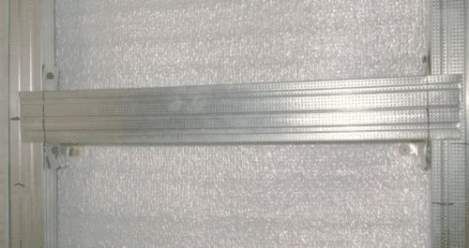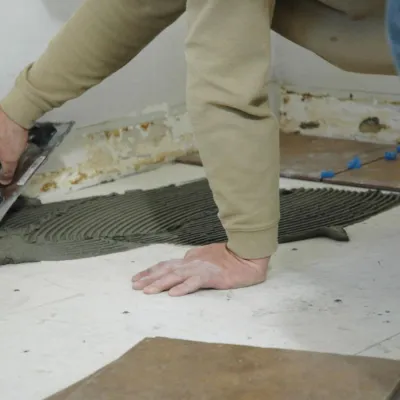Although electric tools such as saber saws, jigsaws, and circular saws have been in use for a long time, the hand-held wood saw remains an indispensable tool in every craftsman's arsenal. However, with frequent use of this tool, there is a need to sharpen and deburring the working surface's teeth. Therefore, I will tell you about how to prepare a hand saw at home by yourself in this article.
- Purpose and construction of the saw
- Why and when to sharpen
- Sawtooth setting process
- Sharpening the saw with your own hands
Purpose and construction of the saw
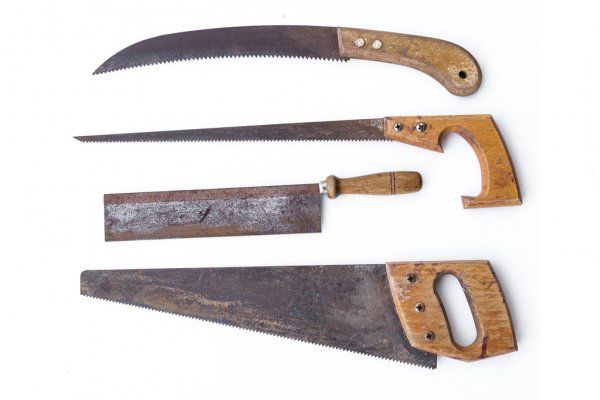
A handheld wood hacksaw is used for cutting wood materials. It is a metal blade with teeth at the bottom. The tool is equipped with a handle, with which the master holds it in his hand during work. The comfortable handle creates a comfortable environment when using the saw.
Many manufacturers of wood hacksaws differ not only in names but also in the quality of the tool produced. Hand saw is designed for sawing wooden boards, chipboard, plywood, logs, laminate, and tree trunks. In addition, the thickness of the blade plays an important role when choosing this tool. After all, a thin blade can break, and too thick will make it difficult to work.
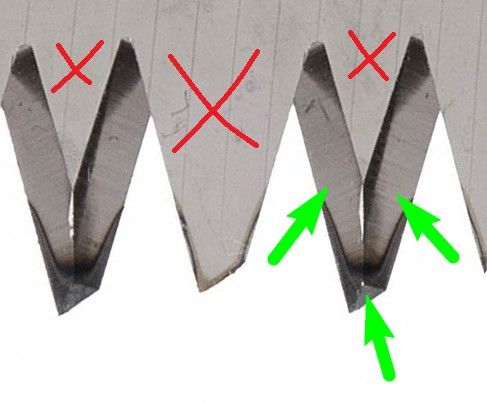
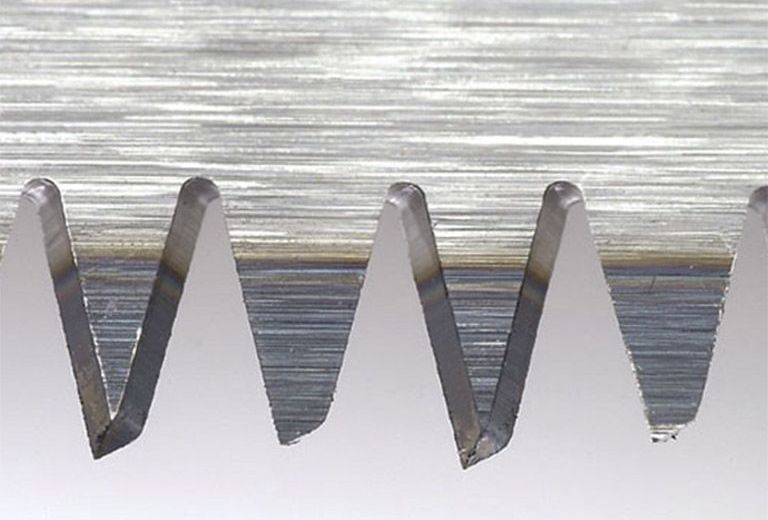
Why and when to sharpen
Any saw tool is subjected to various stresses during use, which causes the teeth to become dull. For example, if you are sawing with a blunt-toothed saw, the cutting result will be much worse than a sharp-toothed saw.
In addition, it is not recommended to use a saw with blunt teeth for the following reasons:
Reduced productivity of the tool. Not only the craftsman's strength will be wasted, but also his time.
Reduced accuracy. It is simply impossible to saw smoothly and accurately with a hacksaw with blunt teeth, much less accurately.
It is dangerous to use a blunt tool. During the work, jam jumps out of the material cutting line, creating a danger to the master.
It is easier and safer to work with a sharp hacksaw. Factors indicating that the saw is blunt are as follows:
1. The saw makes a dull noise when you use it. If you use the hacksaw frequently, it is not difficult to detect this sound.
2. The tips of the teeth are rounded.
3. The saw refuses to do its job when working.
Sawtooth set-up process:
Sharpening a wood hacksaw begins with such a procedure as a set-up. It is done to increase the width of the kerf, allowing the blade to move freely without jamming and easy removal of shavings. The dressing is a bending of teeth to different sides by the same amount, one by one.
Good to know! The wider the teeth are set, the less likely the blade will jam.
The size of the bending of teeth depends on the thickness of the blade and is 1,5-2 mm from the edge of the blade. To bend the teeth correctly, you will need a special device. This device is a metal plate with a special slot. First, we clamp the saw in a vise so that the teeth slightly protrude. After that, we unbend the teeth.
Заточка пилы своими руками
Заточку пилы производят, предварительно закрепив в тисках, губки которых в идеале должны быть деревянными, да бы не повредить полотно. Предлагаю пошаговую инструкция заточки ножовки своими руками:
- Ножовку фиксируют максимально близко зубьями к губкам тисков, но так, чтобы их распределение не нарушалось при зажатии гаечного ключа под углом 90 ° к поверхности верстака.
- Напильник берем в рабочую руку рукоятью, другой рукой держим кончик с тыльной стороны. Таким образом равномерно распределяем усилие.
- Заточка обычной ручной ножовки производится под углом 15-30 ° к зубу. Если износ не слишком сильный, то будет хорошо виден «родной» угол заточки.
- Угол наклона пилки к лезвию должен составлять примерно 40° с низу в верх. Для этого нужно стать так, чтобы рабочая рука находилась ниже вспомогательной.
- Напильник двигаем от себя только с одинаковым усилием и равным количеством движений для каждого зуба. Обычно достаточно 3-5 движений, чтобы наточить один зуб.
- Наточив зубья одной стороны полотна, пилу разворачивают, фиксируют, и также затачивают зубья для второй стороны.
Если при выполнении работ по заточке прилагать неравномерное усилие или делать разное количество движений напильником для каждого зуба, то есть риск смещения зубцов относительно друг друга, что приведет к искажению их размера и формы. В конечном итоге такая ножовка потребует профессиональной переточки или вообще будет не пригодна для дальнейшего использования.
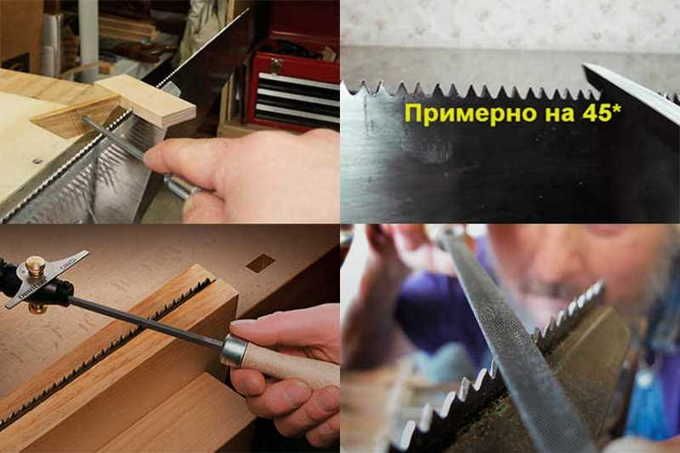
Now you know how to sharpen the teeth of a wood hacksaw. But this is not the end of the process because it will be necessary to align the teeth in height. If they have different heights, then the evenness of the cut will be broken. If there are teeth, the tips of which are higher than the others, they are reduced using the same vise and file. Checking is carried out with the help of paper, putting the hacksaw teeth on the even surface of a paper sheet.

In conclusion, it is worth noting that many people do not consider it necessary to sharpen the hacksaw. After all, the process requires perseverance and accuracy. But when one day you will have to saw with a saw with the right sharpening, you are guaranteed to get pleasant emotions, sawing the material with incredible quality and with great comfort.

